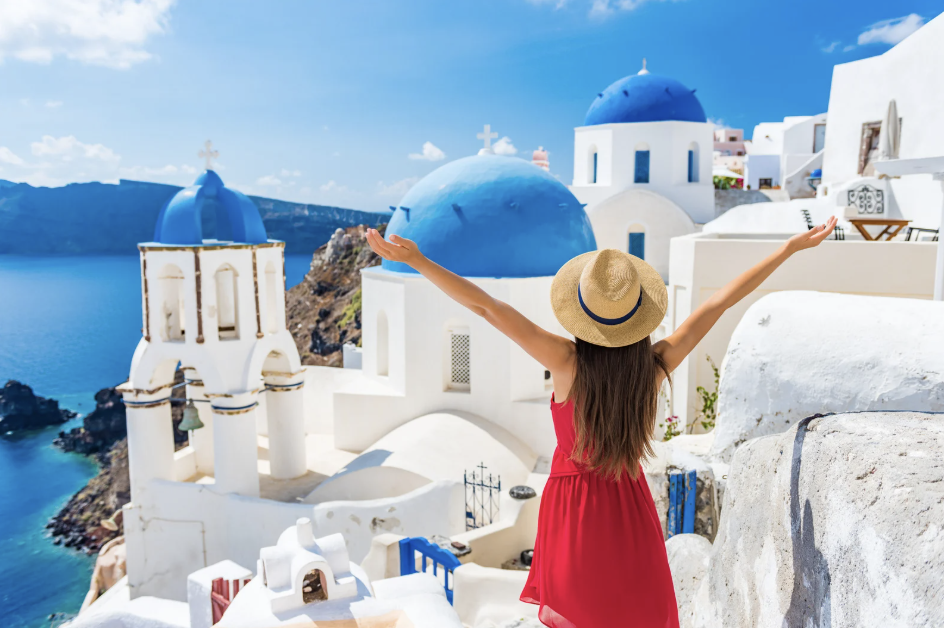As the summer travel season heats up, a growing number of Americans are choosing “slow travel” over traditional quick getaways, a trend that is reshaping vacation plans across the country. This shift toward more intentional, relaxed travel experiences comes as many seek to escape the rush of modern life and embrace a slower, more meaningful way to explore the world.
Slow travel, which emphasizes longer stays in fewer destinations, is gaining traction as people move away from the fast-paced, whirlwind itineraries that often dominate vacations. Instead of hopping between multiple cities or countries, travelers are now opting to immerse themselves in one location for a longer period, allowing for deeper cultural experiences, connection with local communities, and a more restorative form of travel.
A recent survey revealed that 55% of Americans planning a summer vacation in 2024 are opting for longer, more immersive trips, with many choosing to stay in rural or less-touristy areas. This shift reflects a desire for more authentic and sustainable travel experiences, with many vacationers seeking to avoid the environmental impact of over-tourism and the stress of crowded tourist spots.
“We’ve been feeling the pressures of fast-paced travel for years, and now more than ever, people are looking to slow down and truly engage with the places they visit,” said travel expert Molly Fitzgerald. “Slow travel allows you to escape the hustle and bustle and really enjoy the journey, rather than just ticking off landmarks.”
Destinations such as small towns, national parks, and remote beach villages are seeing an increase in bookings as people look to spend more time outdoors and connect with nature. Rather than rushing to see as many sights as possible, travelers are prioritizing leisure activities like hiking, local cooking classes, and relaxed sightseeing, all while staying in cozy accommodations such as boutique hotels, bed-and-breakfasts, or vacation rentals.
Moreover, slow travel has sparked an interest in sustainable travel practices, with many vacationers choosing eco-friendly transportation options, such as trains or electric vehicles, to reduce their carbon footprints. This shift reflects a broader movement toward sustainability in travel, with Americans increasingly aware of the environmental impact of their vacations.
As the popularity of slow travel continues to grow, it is clear that many are rethinking how they experience the world. This summer, it seems that the journey itself is becoming just as important as the destination. For those seeking a break from the chaos of everyday life, slow travel offers a much-needed opportunity to unwind, reconnect, and discover the world at a more leisurely pace.


